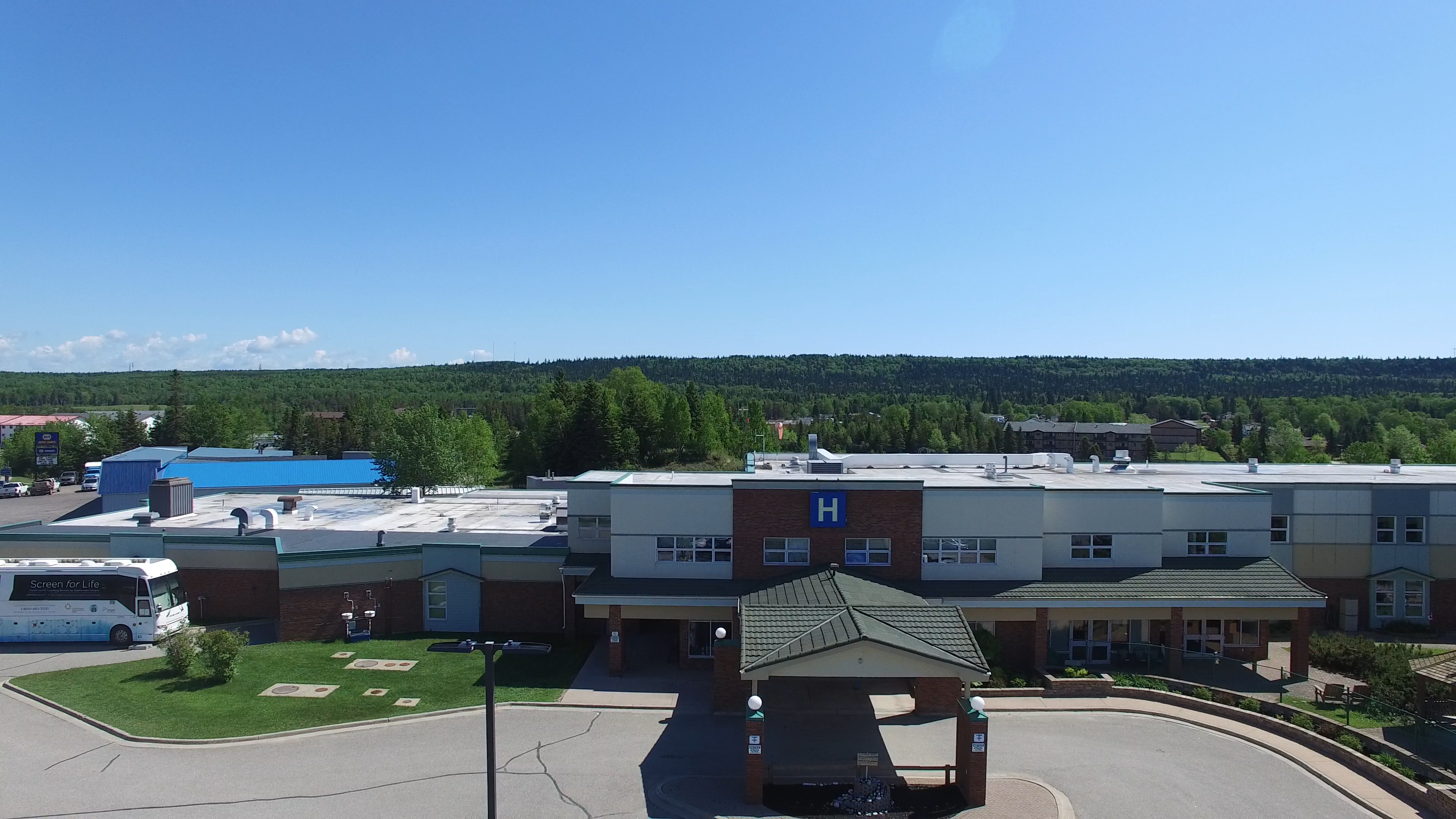Essentially, PRACTISS is a completely free, open-access learning platform looking to make simulation and case-based education accessible to all. Made with rural and low-resource settings in mind, we look to provide novice and non-expert facilitators with all the tools they might need to deliver effective learning for their peers or students - all in a non-commercial way. Through our searchable database, healthcare professionals can access curated, user-generated, simulation scenarios and clinical “snapshots'' on a variety of topics, geared towards a variety of different allied health professions.

One of PRACTISS’ goals is to reduce the logistical requirements of conducting in-situ simulations as much as possible. To that end, scenarios can be navigated stage-by-stage on the site from any device - from laptops to smartphones - making it a great paperless, download-free option for running simulations. To help with running simulations and reduce the cognitive load of facilitating, each scenario contains detailed prebriefing and debriefing guides with scripts, checkboxes to keep track of learner actions, and a place to take notes throughout the exercise. Those who choose to create a (completely free) account can create and upload cases to the platform, as well as access feedback tools to evaluate scenarios, facilitators, their facilities, and the PRACTISS platform itself.
That being said, PRACTISS is more than just a simulation tool. We’ve built the platform to be as flexible as possible, to allow users to upload any sort of educational material - from ECGs to clinical vignettes to X-rays and ultrasounds. It’s not just for physicians either--one of our goals is PRACTISS is used by the full spectrum of healthcare professionals. Eventually, we want PRACTISS to be a place where educators and professionals can collaborate, communicate, and ultimately build an educational community that will support and enhance education delivery in rural and low-resource settings.

Medical simulation is an enormously beneficial educational practice, however it is often resource intensive and time-consuming. Not only that, but it often requires significant expertise on the part of the facilitator, creating barriers for those who can’t take time away from their practice for time-consuming training activities or practice somewhere that a certified instructor can easily reach. We found that many of the simulation tools currently out there cater to places that have extensive resources with which to conduct sims - high-fidelity manikins, qualified facilitators, and large-centre resources are often taken as a given on these sites. With PRACTISS, we’re looking to change that and help practitioners and students in low-resource areas - particularly rural ones - overcome these barriers and reap the benefits of medical simulation.
By putting as many resources as we can in the hands of facilitators, we’re also trying to provide rural practitioners with an opportunity for faculty development that may otherwise be inaccessible to them. All too often, we found that many platforms are far too rigid - catering to only certain professions or a certain learning modality. With that in mind, we sought to make PRACTISS as flexible as possible, so that it can best be used to develop local interdisciplinary teams and create learning experiences for all professions that go beyond just simulation.